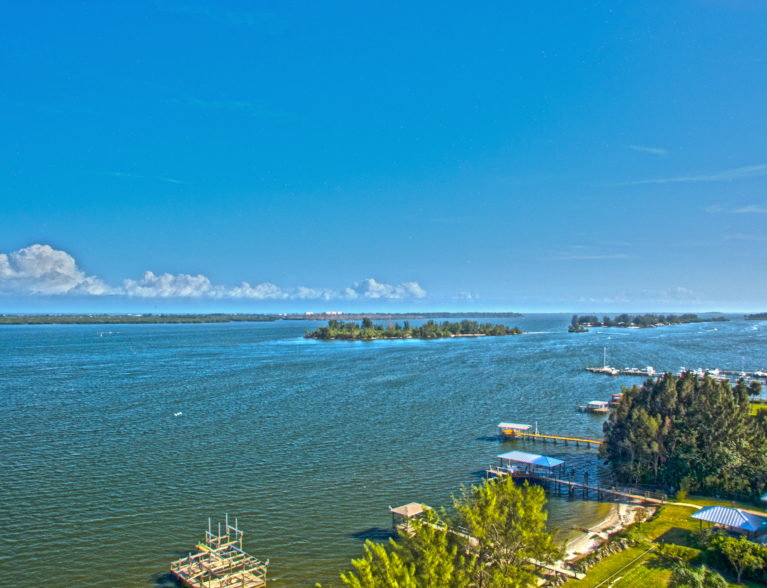
As the federal government shutdown enters its second month, it is beginning to have a negative impact on scientific research and environmental conservation in and around Vero Beach.
No major coastal restoration or research projects in Indian River County are being held up, according to the county’s coastal environmental specialist Kendra Cope. But she said in an email to Vero Beach 32963 that a planned conference call with officials from the National Oceanic and Atmospheric Administration and U.S. Fish & Wildlife Service to discuss a beach renourishment project scheduled for next fall had to be postponed until after the shutdown ends.
The situation is a bit more critical for Florida Atlantic University’s Harbor Branch Oceanographic Institute. According to executive director Dr. Jim Sullivan, government scientific research is pretty much at a standstill, and so is the process of awarding research grants to Harbor Branch and others.
Sullivan said Harbor Branch had been working on three research proposals related to harmful algal blooms that the institute planned to submit to the feds with a deadline at the end of this month. But now those proposals can not be submitted. And a $2 million U.S. Department of Agriculture appropriations bill for warm water aquaculture research at Harbor Branch is now stuck in the U.S. Senate.
“At a minimum, we’ll see a two-to-three-month delay in research starts,” Sullivan said. “If this continues for another month, we are going to have some pretty serious problems.”
The federal closure is also delaying implementation of the Indian River Lagoon Council’s comprehensive conservation and management plan submitted to the Environmental Protection Agency in December, according to council executive director Dr. Duane DeFreese. The plan lays out a roadmap for restoring the beleaguered lagoon over the next 10 years.
“EPA staff that would have been reviewing our . . . final draft . . . have been furloughed, so review and certification will be delayed until the government gets back to work,” DeFreese wrote in an email. “This situation delays Indian River Lagoon Council and Indian River Lagoon National Estuary Program adoption of the . . . plan.”
Before the shutdown, DeFreese had anticipated the plan could be adopted by June.
A minor bit of good news is that the government’s partial closure won’t affect the local response to a red tide bloom if it should recur along Indian River County beaches.
NOAA’s Harmful Algal Bloom website has been deemed critical to life and property and is still up and running. And regular water testing for red tide is conducted by the Florida Fish and Wildlife Conservation Commission, a state agency not affected by the shutdown.



